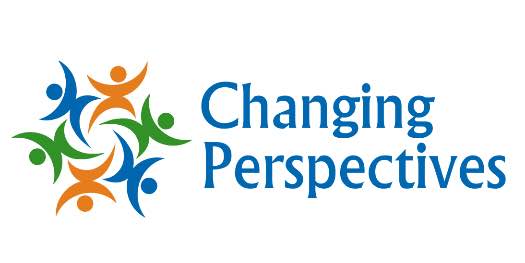Resource Library
Welcome to the Changing Perspectives Resource Library. This resource library is designed to provide educators with summaries and links to other publications and organizations for further reading about a range of topics related to social-emotional learning, differences, diversity, and education. Our hope is to curate resources that you can use for your own learning, share with colleagues and/or parents to support greater awareness, education and practical tools for improving student well-being.
Use the menu on the left to search resources by topic or audience (you may select more than one menu item at a time; search results will include resources that meet all your selected menu items). When selected, a menu item will be highlighted in blue. Click on a blue menu item to de-select it and remove it from your search criteria.
Resources on this page are updated monthly. If you know of a resource we should include, send it to us!
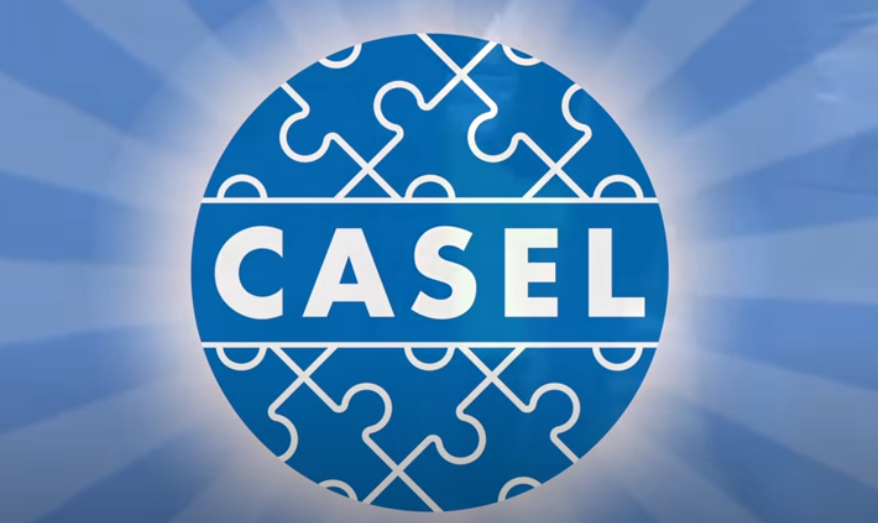
From CASEL: “An informational video by CASEL and Chicago Public Schools for parents on social and emotional learning (SEL). The video aims to inform parents on SEL in schools and provide them with insights on SEL in their own parenting practices in order to support their children’s social and emotional know-how.”

From The Knowledge Center, Inc: “If you had knowledge of another person’s experiences: what they see, hear, feel… Would it change the way you respond to individuals?” A short video to educate about empathy.
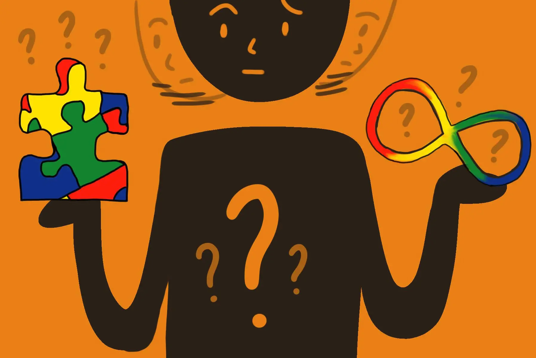
From Study Breaks: “Though the design may seem innocuous, the meaning of the puzzle piece can be harmful to the autistic community. If you want to support your autistic loved ones, try using the infinity symbol instead.”
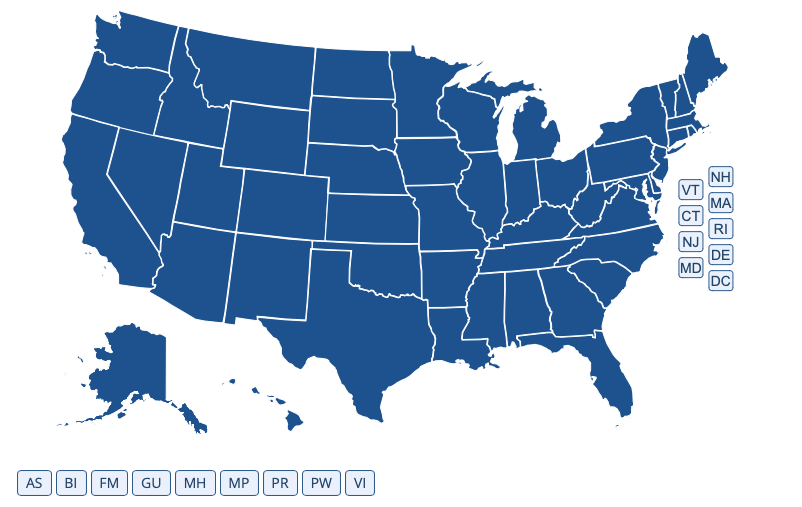
From the U.S. Department of Education: “IDEA requires each state to develop a state performance plan/annual performance report (SPP/APR) that evaluates the state’s efforts to implement the requirements and purposes of the IDEA and describes how the state will improve its implementation.”
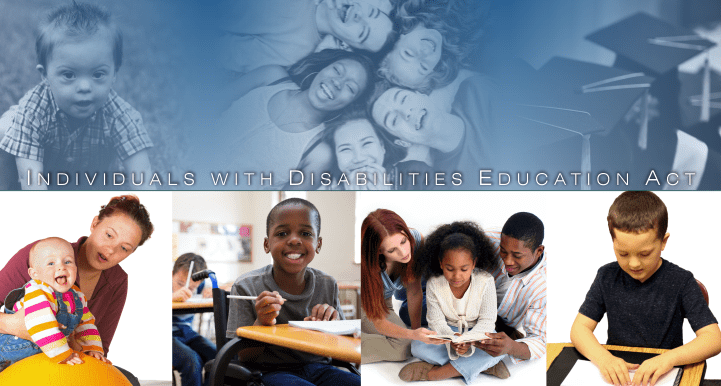
From U.S. Department of Education: “Annual reports to Congress on the progress made toward the provision of a free appropriate public education to all children with disabilities and the provision of early intervention services to infants and toddlers with disabilities.”
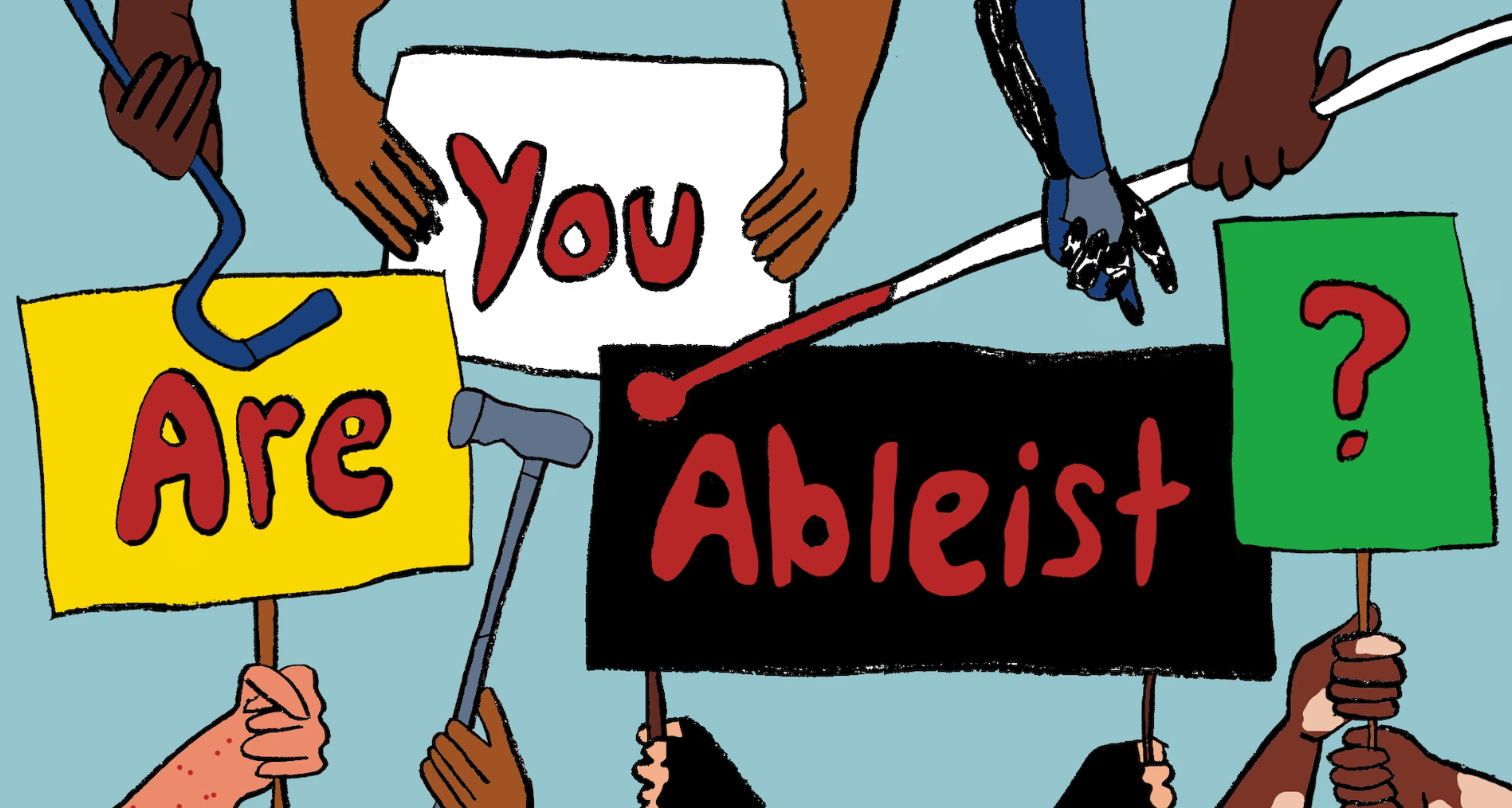
From The Washington Post: “The Washington Post consulted 25 disabled activists and scholars, including representatives from several national disability organizations, to create a quiz that can help someone learn more about ableist thinking.”
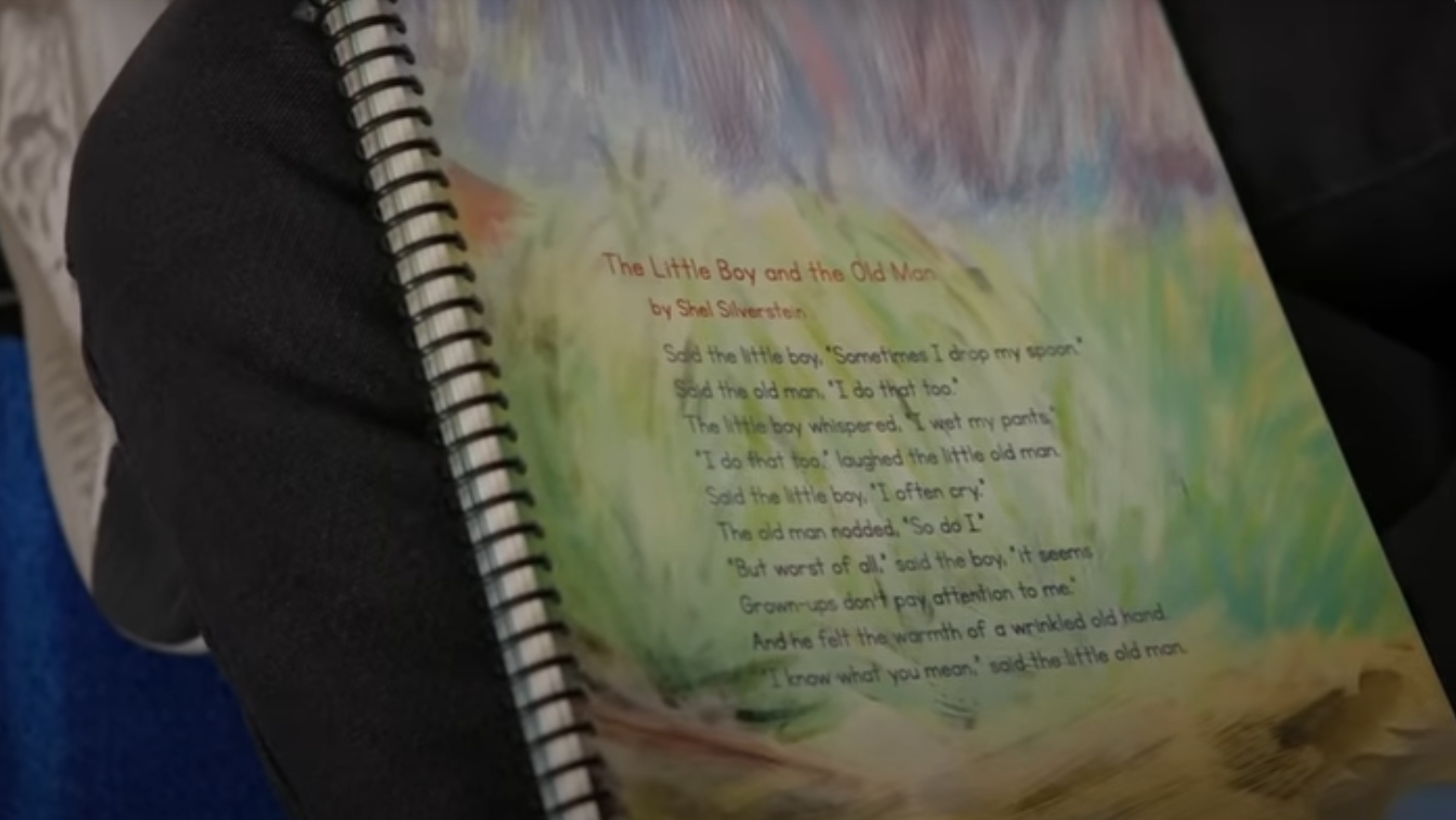
From Edutopia: “When social and emotional learning is integrated into language arts, elementary students gain a deeper understanding of concepts like empathy and self-awareness. And they’re more engaged in reading and writing, to boot.”
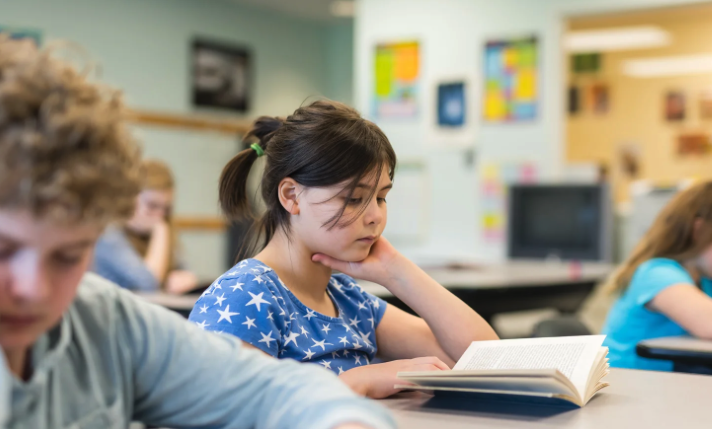
From Edutopia: “In many areas of life, SEL strategies and skill building help valued outcomes to happen. This is especially true when it comes to learning how to read, and to read well—one of the most essential life competencies.”
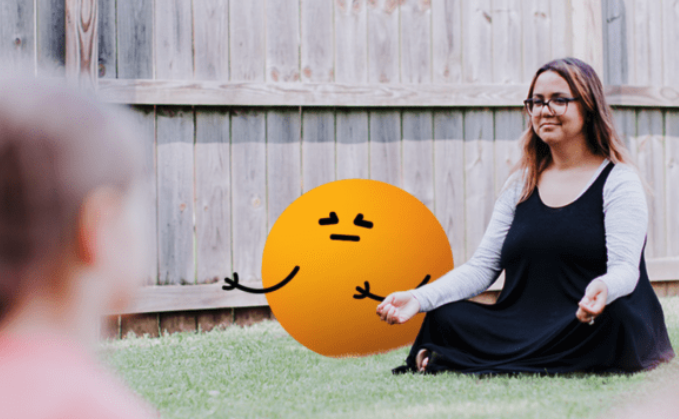
From Houghton Mifflin Harcourt: “May is National Mental Health Awareness Month. It’s a great opportunity for teachers to take stock of their students’—and their own—health and well-being. Mental health awareness in the classroom starts with you.”
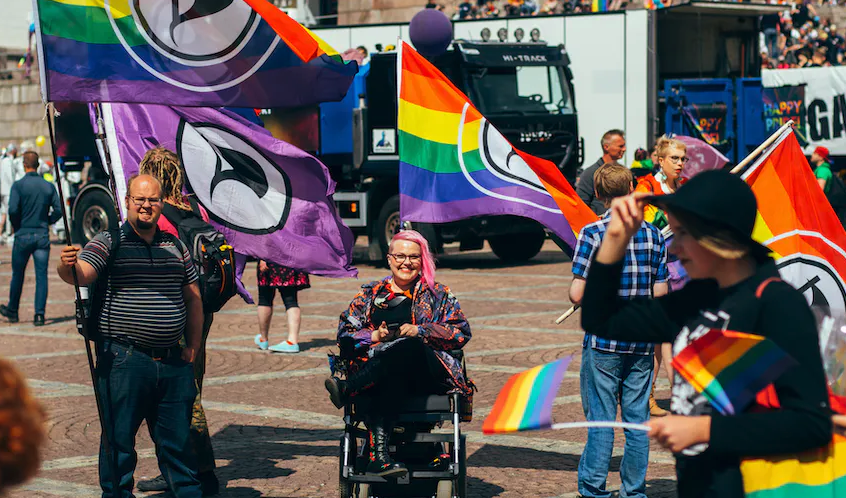
From the HRC Foundation: “LGBTQ+ people are more likely to be disabled than non-LGBTQ+ people. The duality of their identities as LGBTQ+ and disabled increases the amount of discrimination and bias they face in their daily lives, at school, at the doctors, or at work.”
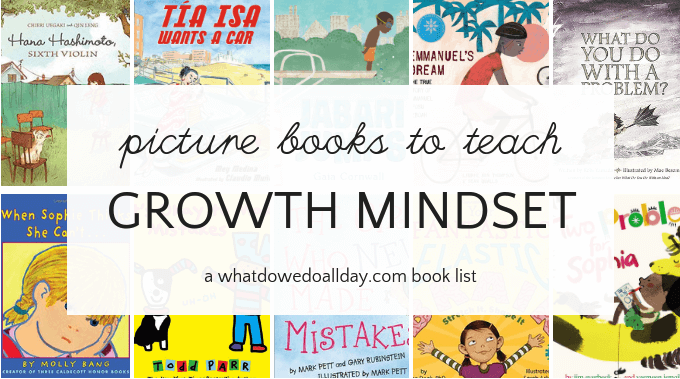
From What We Do All Day: “This list of growth mindset books for kids will help you start a conversation about the difference between fixed and growth mindsets. The books demonstrate that growth mindset is not all about academics but is a way of approaching difficulties that will benefit children in many areas of their life.”
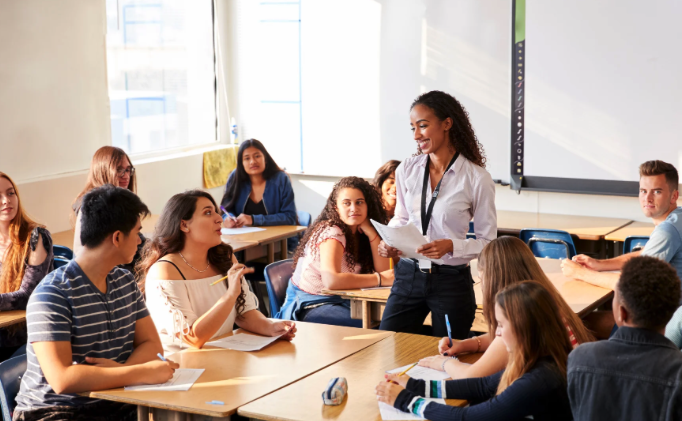
From Edutopia: You might be able to master advanced math, speak three languages fluently, and maintain a 4.0 grade point average, but if you can’t manage your emotions, practice conflict resolution, or handle stress, none of the other stuff is really going to matter.
